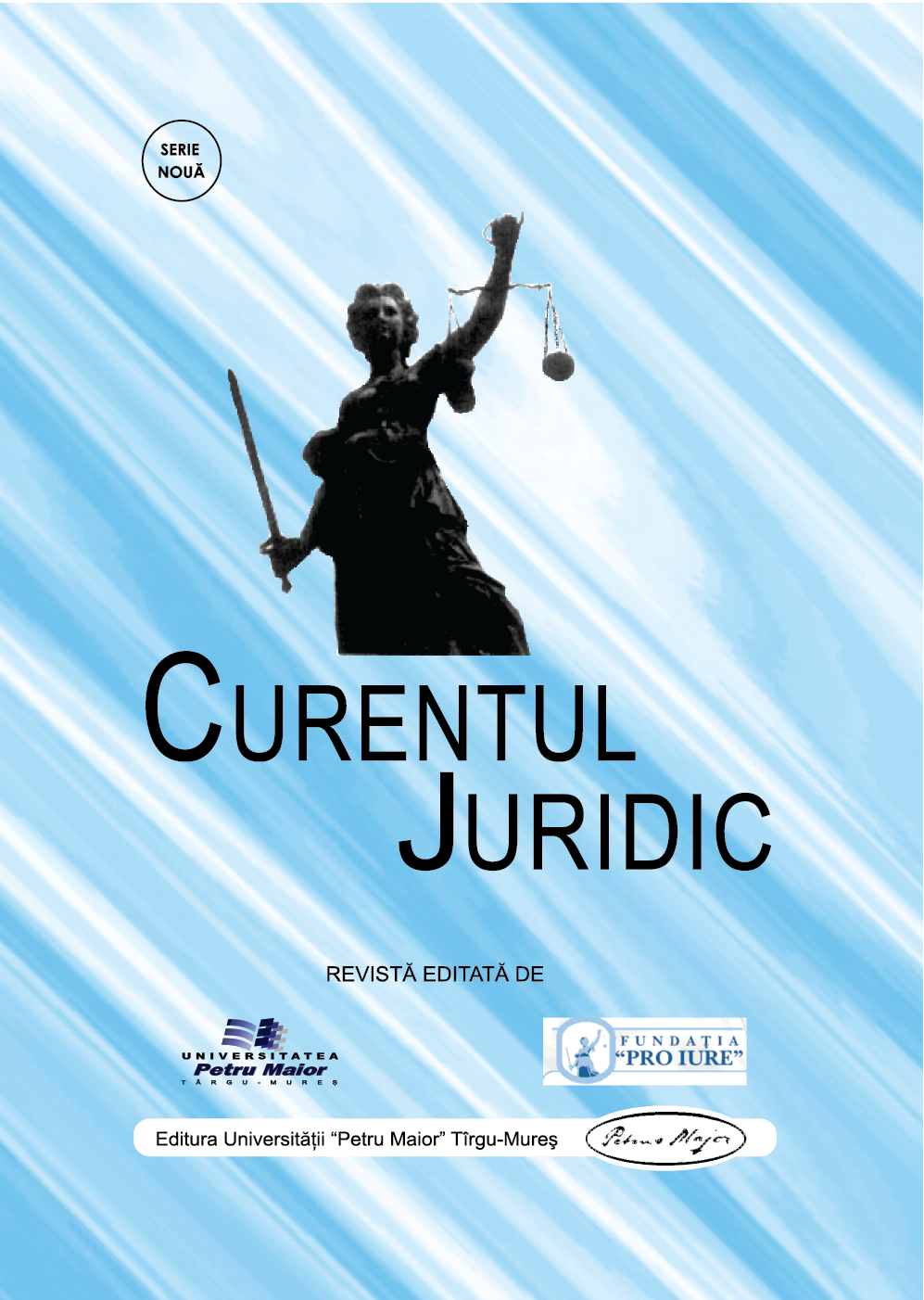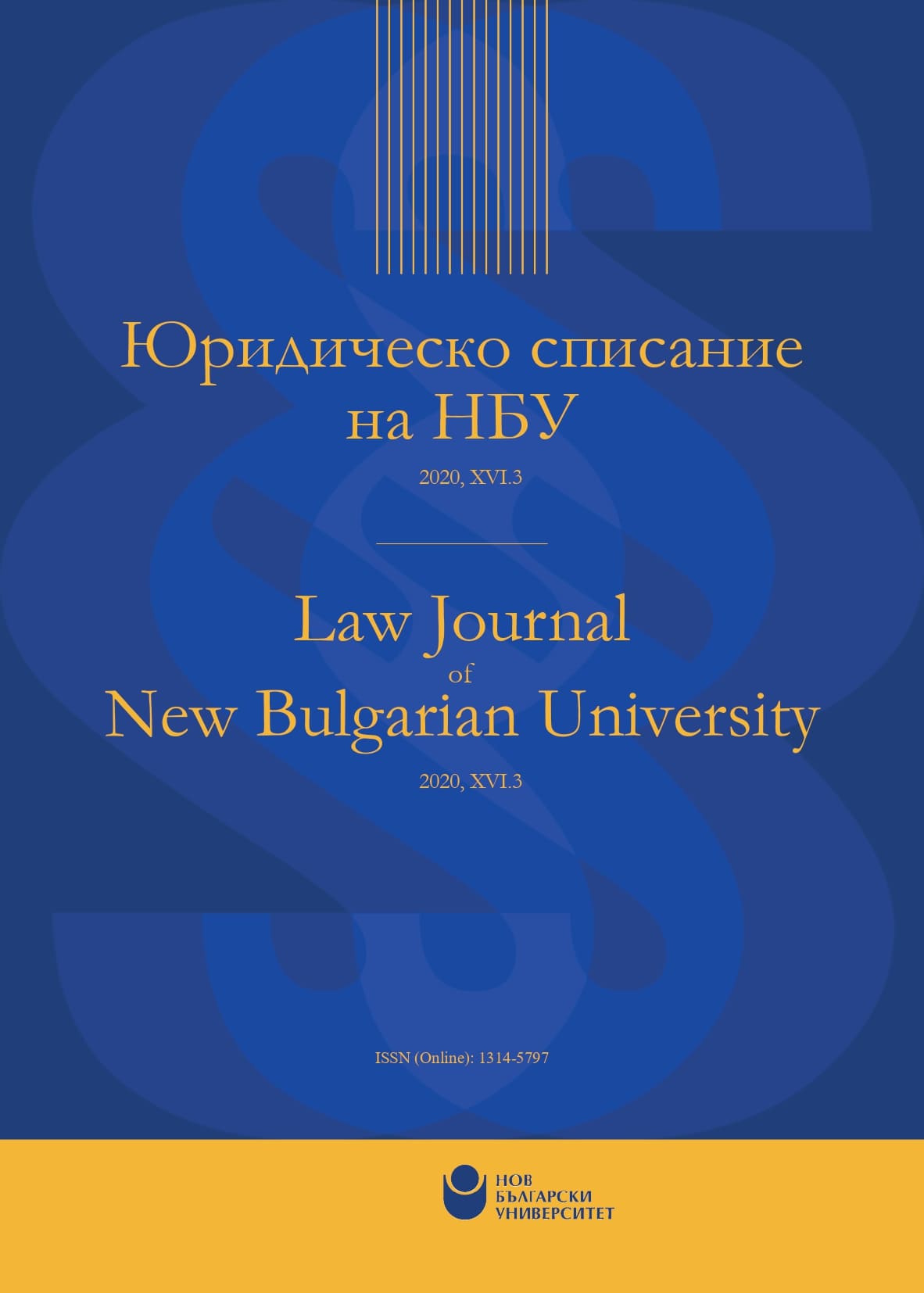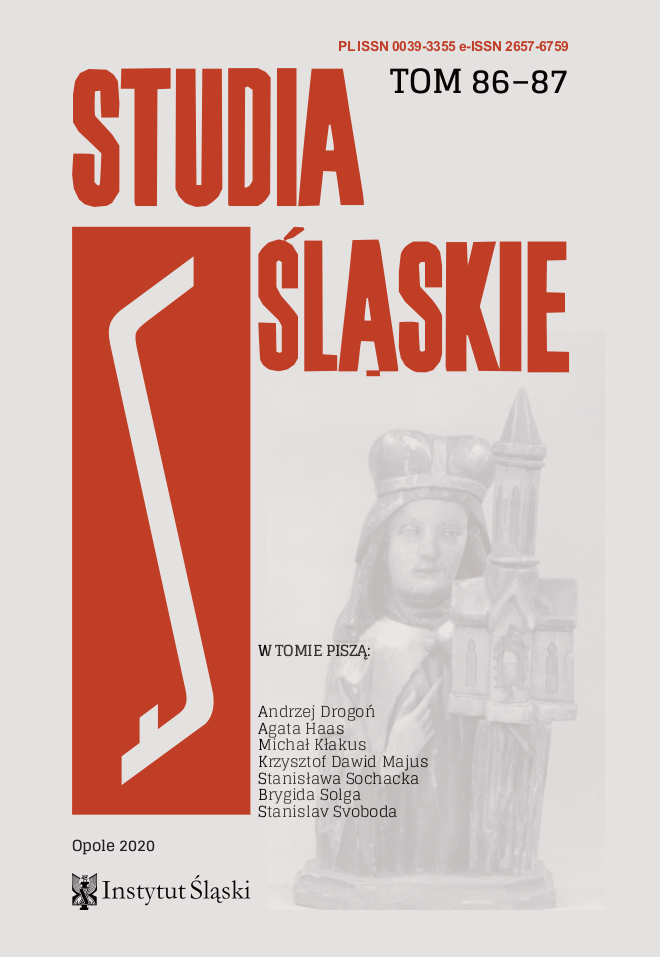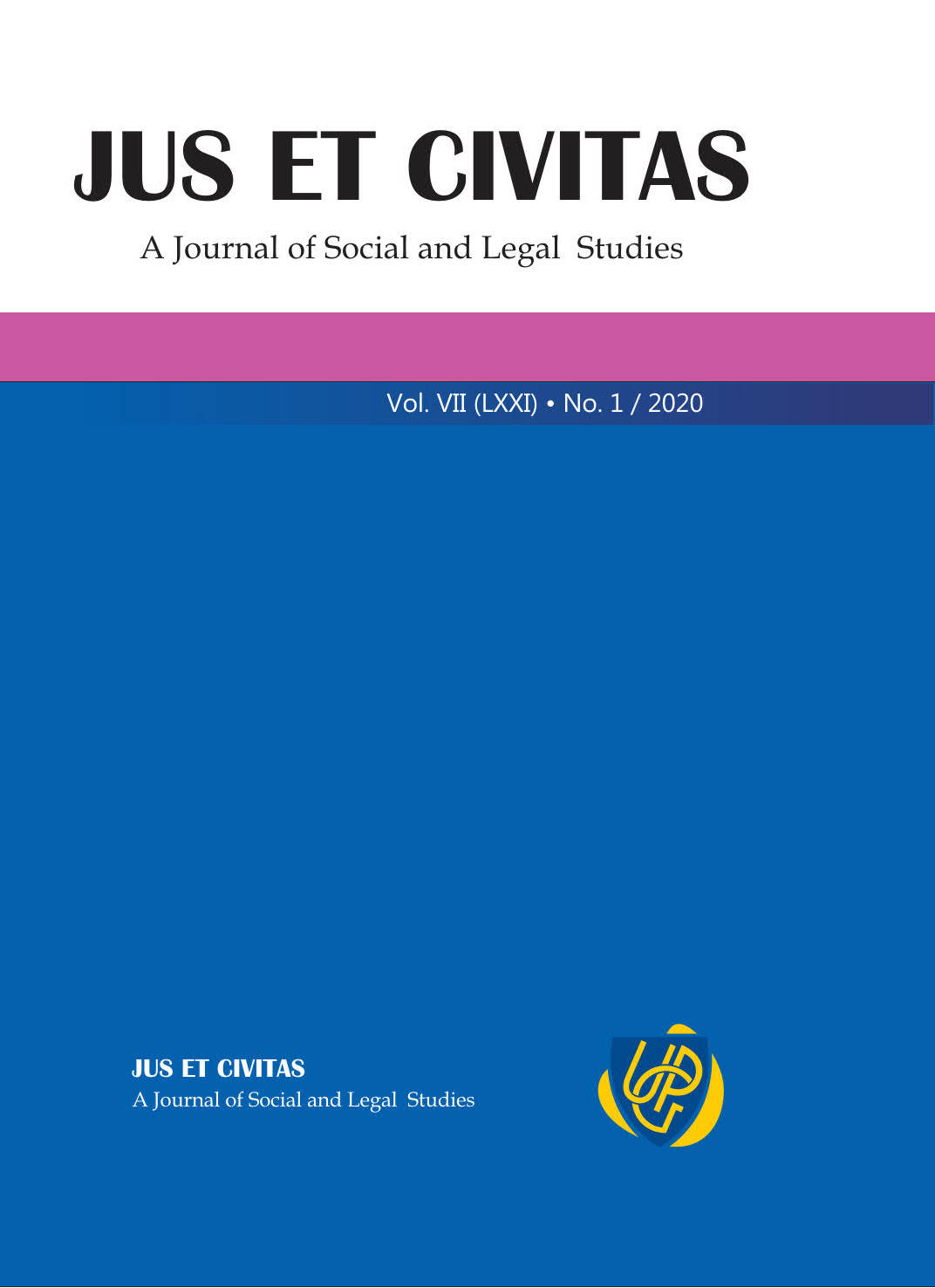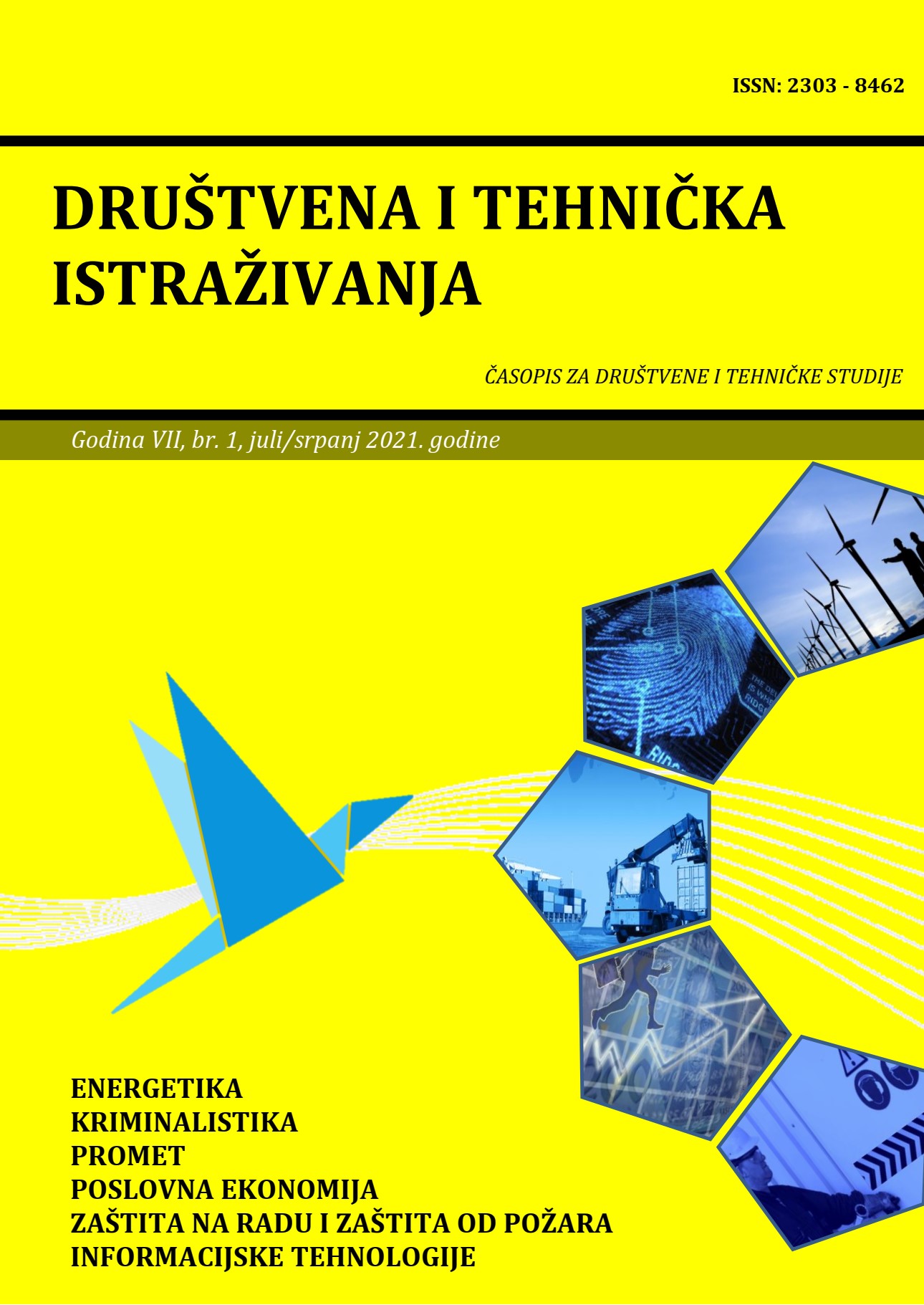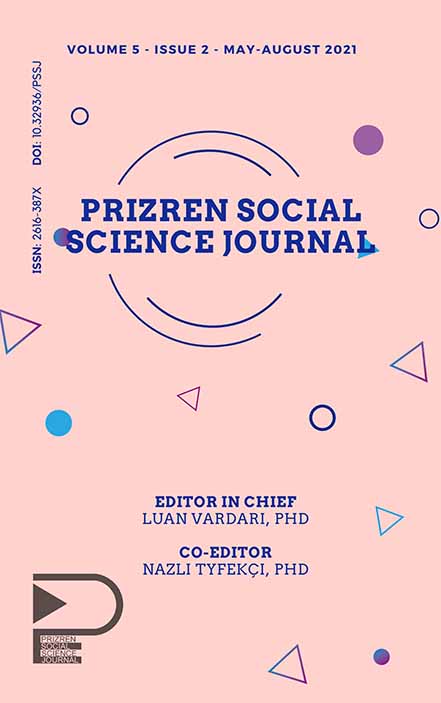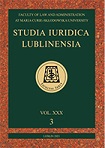Author(s): Oana Şaramet / Language(s): English
Issue: 1/2020
In Romania, by article 34 of the Constitution, was enshrined the right to health care. The Universal Declaration of Human Rights does not explicitly provide the right to health or the right to health care, but settles, by article 25 paragraph (1), that everyone has the right to a standard of living adequate even for the health and well-being of himself and of his family, right that includes also medical care and the right to security in event of sickness and disability. But, by article 12 of International Covenant on Economic, Social and Cultural Rights, the signatory states, including Romania, have recognized the right of everyone to the enjoyment of the highest attainable standard of physical and mental health. On the other hand, The Charter of Fundamental Rights of European Union, by article 35, enshrines the right to health protection under the conditions established by national laws and practices, but explicitly specifies that a high level of human health protection is ensured in defining and implementing of all Union policies and activities. The approaches of the above mentioned international and regional regulations regarding the consecration of a right to health are different. Starting from these, we intend to analyze several regulations, especially constitutional ones, in order to identify the juridical view of the different legislators. Thus, we will be able to ascertain whether it is preferable to enshrine a fundamental right to health or such a right regarding the protection or care of health. In our opinion, we cannot speak about the identity between the right to health and the right to health care or protection, a point of view that we will argue in this paper.
More...



